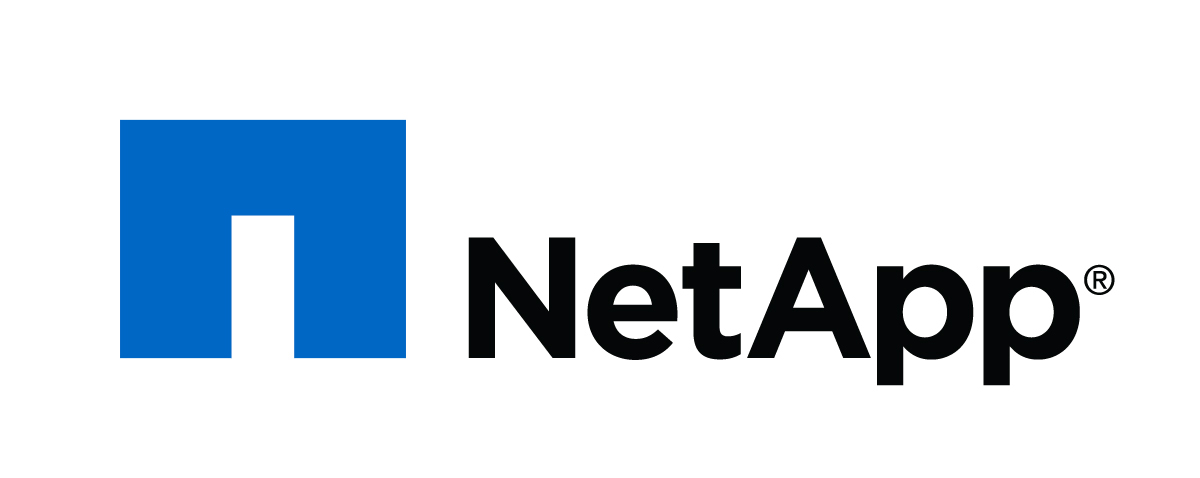ACM SIGCOMM 2018 Morning Workshop on In-Network Computing (NetCompute 2018)
Workshop Program
- Opening
-
9:00 am - 9:40 am Keynote: The Network is the Computer: Running Distributed Services on Programmable Switches
Speaker: Robert Soulé (USI, Switzerland)
Location: InterContinental, Ballroom II
- Session I: Enhanced Switching
-
10:30 am - 11:00 am Tea/Coffee Break
Location: InterContinental, Pre-Function Area
- Tea/Coffee Break
- Session II: Computational Switching
-
11:00 am - 11:25 am Towards In-Network Industrial Feedback Control
Jan Rüth, René Glebke, Klaus Wehrle (RWTH, Germany), Vedad Causevic, Sandra Hirche (TU Munich, Germany)
-
11:25 am - 11:50 am Can the Network be the AI Accelerator?
Davide Sanvito (PoliMi, Italy and NEC, Germany), Giuseppe Siracusano, Roberto Bifulco (NEC, Germany)
-
12:15 pm - 12:40 pm P4CEP: Towards In-Network Complex Event Processing
Thomas Kohler, Ruben Mayer, Frank Dürr, Marius Maaß, Sukanya Bhowmik, Kurt Rothermel (UniStuttgart, Germany)
-
12:40 pm - 2:00 pm Lunch Break
Location: InterContinental, Pre-Function Area
- Lunch Break
Call for Papers
In-network computing is an emerging topic that draws a lot of attention from both academia and industry. In-network computing exploits the capabilities of new programmable network devices such as programmable switch ASICs, network processors, FPGAs, and programmable NICs to offload computing from CPUs to the network. While in-network computing can be dated back to early efforts such as active networking two decades ago, many believe that the time has finally come due to a combination of hardware and software innovations. On the hardware side, many hardware vendors have released products that provide programmability without sacrificing performance, such as Barefoot Tofino, Intel FlexPipe, Cavium XPliant, and Netronome Agilio. On the software side, besides new network functionalities such as in-network telemetry and layer-4 load balancing, many new application-level functionalities beyond traditional packet processing have been proposed, such as key-value caching, consensus, and even machine learning.
We believe that our community must expedite the research on in-network computing to make a profound influence on the theory and practice of future computer systems. There are significant open challenges: what are the killer apps of in-network computing; what are other application-level functionalities that can be offloaded to the network; fundamentally, what should be offloaded to the network and what should be kept on hosts; how to design better hardware primitives and software development platforms (e.g., domain-specific programming languages and compilers) to support the development of new applications; how to manage, monitor and debug heterogeneous systems that span servers and switches; how to incrementally deploy new applications; and many others.
The ACM SIGCOMM Workshop on In-Network Computing (NetCompute 2018) is organized with the goal of bringing researchers and engineers working on in-network computing together to present and discuss their latest ideas, research results and system experiences, thereby promoting the development and evolution of this area. All submissions on in-network computing related to architecture, design, implementation, simulation, modeling, analysis, and measurement are welcomed. We highly encourage novel and innovative early stage work that will encourage discussion and future research on in-network computing.
Topics of Interest
- Applications of programmable network devices, e.g., machine learning, deep learning and key-value storage
- Architectures for in-network computing
- Control plane for in-network computing
- Switch and NIC hardware design for in-network computing
- Virtualization for in-network computing systems
- Programming languages and compilers for in-network computing
- Measurements and performance studies of programmable network devices
- Diagnosing and troubleshooting in-network computing systems
- In-network computing in clouds and edge clouds
- Security and privacy of in-network computing
- Deployment strategies and backward compatibility with traditional network functionalities
- Experiences and best-practices of in-network computing systems in production
Submission Instructions
Submissions must describe original, previously unpublished research, not currently under review by another conference or journal. Papers must be submitted electronically via the submission site. The length of papers must be no more than 6 pages, including tables, figures and references, using the same template as SIGCOMM submission (SIGCOMM submission instructions). The cover page must contain the name and affiliation of author(s) for single–blind peer reviewing by the program committee. Each submission will receive at least three independent blind reviews from the TPC. At least one of the authors of every accepted paper must register and present their work at the workshop. Paper registration and submission can be done via HotCRP at https://sigcomm18netcompute.hotcrp.com
Authors Take Note
The official publication date is the date the proceedings are made available in the ACM Digital Library. This date may be up to TWO WEEKS prior to the first day of the conference. The official publication date affects the deadline for any patent filings related to published work.
Registration
Attendance of the workshop is by open registration and subject to the same registration fees and rules as all the other SIGCOMM 2018 workshops. The registrants of the workshop may freely attend any workshop on the same day.
Camera-ready instructions
For the final paper to be published, please refer to Camera-ready instructions for workshops.
Important Dates
-
August 20, 2018
Workshop
-
Mid-June, 2018
List of organization details
-
Mid-June, 2018
Program available online
-
June 10, 2018
Camera-ready deadline
-
April 30, 2018Acceptance notification
-
April 01, 2018Paper submission deadline
-
April 01, 2018Abstract submission deadline
Committees
- Workshop Chairs
-
Xin Jin
JHU, USA
-
Changhoon Kim
Barefoot, USA
- Program Committee Members
-
Aditya Akella
Wisconsin, USA
-
Theophilus Benson
Brown, USA
-
Jun Bi
Tsinghua, China
-
Gordon Brebner
Xilinx, USA
-
Kai Chen
HKUST, China
-
Marco Canini
KAUST, KSA
-
Dan Daly
Intel, USA
-
Nate Foster
Cornell, USA
-
Chi-Yao Hong
Google, USA
-
Arvind Krishnamurthy
UW, USA
-
Xiaozhou Li
Barefoot, USA
-
Hongqiang Liu
Alibaba, China
-
Ben Pfaff
VMware, USA
-
Dan Ports
UW, USA
-
Jennifer Rexford
Princeton, USA
-
Kun Tan
Huawei, China
-
Laurent Vanbever
ETH, Switzerland
-
Hongyi Zeng
Facebook, USA


















